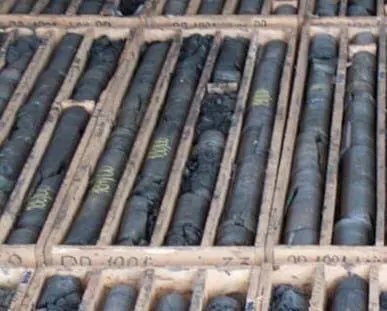
Aerospace

Agriculture & Biosystems
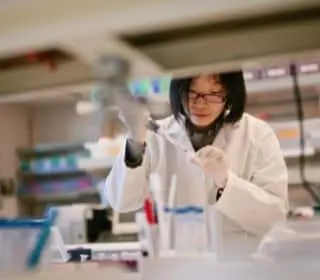
Biomedical

Chemical

Civil

Computer Science

Electrical

Environmental

Industrial
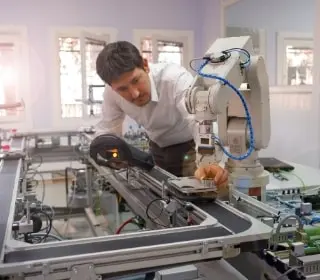
Manufacturing

Materials Science
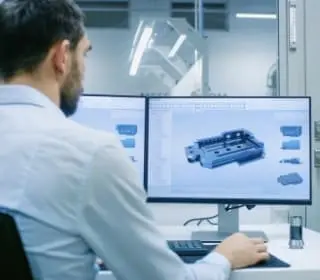
Mechanical

Mining & Metallurgical
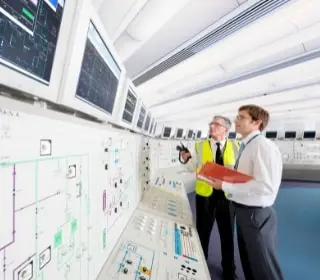
Nuclear
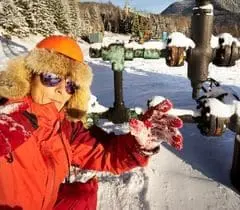
Petroleum
Project Management
Nuclear Engineering
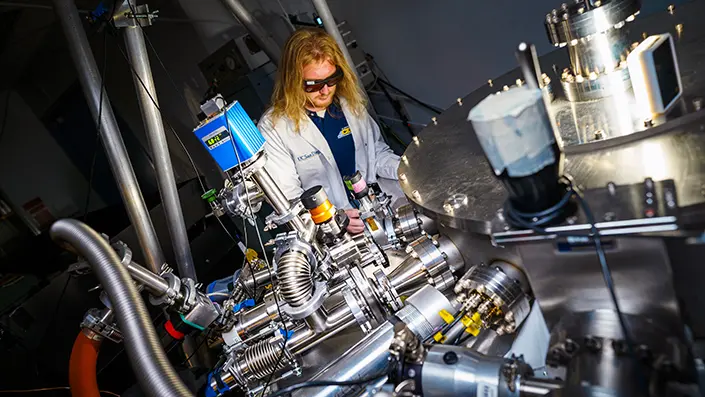
What Do Nuclear Engineers Do?
Nuclear engineers are problem-solvers who use the power of science to keep our world running safely and sustainably. They design and improve nuclear power plants that provide clean electricity, develop new medical technologies that fight cancer, and even help power spacecraft exploring the solar system. Nuclear engineers combine math, physics, and creativity to tackle big challenges—like finding smarter ways to produce energy and protect the environment. It’s a career where curiosity can literally fuel the future!
Overview1
$127,520
Median Salary
15,400
Number of Jobs in 2024
800
New Jobs Per Year
Jobs and Education
Bachelor’s Degree
- Design PET scanners, X-ray, and MRI machines to help diagnose a patient’s illness
- Improve food safety by using radiation to produce and preserve food supplies
- Develop star power or nuclear fusion, an alternative energy source with unlimited potential and little waste
- Create power sources that fuel satellites and deep space probes
Associate Degree
- Operate power plant equipment that helps provide carbon-free electricity
- Properly dispose of leftover radioactive medications to keep people and the environment safe
- Test levels of radiation on lab equipment to ensure the equipment is safe for researchers to use
High School Diploma/GED + Certification
- Monitor equipment and perform safety checks at nuclear power stations
- Conduct surveys and track records of radiation levels at research labs and medical facilities
Did you know? 20% of the nation’s electricity is generated by nuclear power!
High demand areas include fusion energy, medical applications, and defense.
Explore more
References:
1. US Bureau of Labor Satistics
https://www.bls.gov/ooh/architecture-and-engineering/nuclear-engineers.htm


